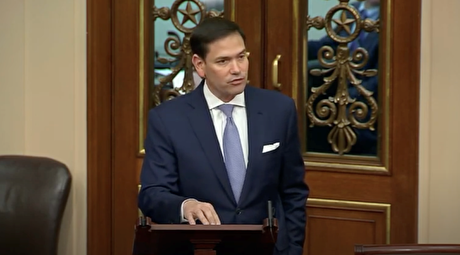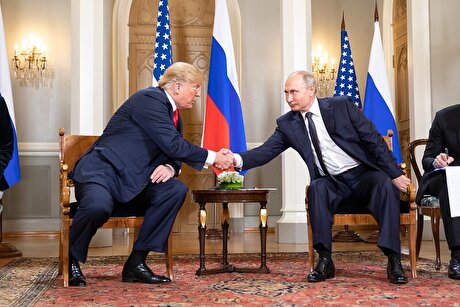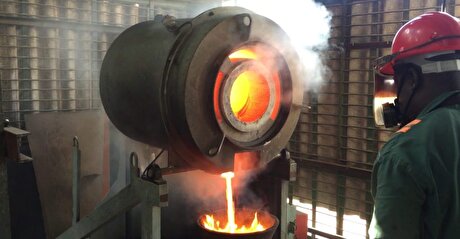
Russia Oil Exports Down


This is what the head of Russia’s oil pipeline monopoly Transneft said in an interview with a TV channel, Oil Price reported.
The cuts worked, however, raising oil prices substantially enough that Russia booked a hefty increase in the value of its oil shipped abroad.
According to customs data cited by TASS, this rose by 38.6% to reach $106.59 billion.
Russia first agreed to cut its production alongside OPEC in late 2016, when it became clear that global oil prices would not reverse their decline without help. At the time, Russia is committed to cuts amounting to 300,000 bpd from its record-high at the time output rate of over 11.2 million bpd.
This year, after the OPEC+ club struck an agreement to once again begin reducing global supply in response to a price drop determined by weaker demand projections and oversupply worries, Russia said it will contribute a little over 200,000 bpd of the total 1.2-million-barrel cut.
Soon after the cut agreement was reported, Russia’s Energy Minister Alexander Novak said it would take Russian oil companies months to reduce their production to the desired level. Novak cited seasonal factors, which made it difficult to implement the cuts quickly.
Yet Russia has not got so much to worry about even if prices stay where they are: before the meeting in Vienna, Russia made it clear it does not mind Brent at $60 a barrel.


Codelco seeks restart at Chilean copper mine after collapse

Hudbay snags $600M investment for Arizona copper project

Uzbek gold miner said to eye $20 billion value in dual listing

BHP, Vale offer $1.4 billion settlement in UK lawsuit over Brazil dam disaster, FT reports

Peabody–Anglo $3.8B coal deal on the brink after mine fire

A global market based on gold bars shudders on tariff threat

SSR Mining soars on Q2 earnings beat

Minera Alamos buys Equinox’s Nevada assets for $115M

Century Aluminum to invest $50M in Mt. Holly smelter restart in South Carolina

Samarco gets court approval to exit bankruptcy proceedings

US eyes minerals cooperation in province home to Reko Diq

Allegiant Gold soars on 50% financing upsize

Explaining the iron ore grade shift

Metal markets hold steady as Trump-Putin meeting begins

Trump to offer Russia access to minerals for peace in Ukraine

Gemfields sells Fabergé luxury brand for $50 million

Gold price stays flat following July inflation data

Eco Oro seeks annulment of tribunal damage ruling

Zimbabwe labs overwhelmed as gold rally spurs exploration, miner says

Samarco gets court approval to exit bankruptcy proceedings

US eyes minerals cooperation in province home to Reko Diq

Allegiant Gold soars on 50% financing upsize

Explaining the iron ore grade shift

Metal markets hold steady as Trump-Putin meeting begins

Trump to offer Russia access to minerals for peace in Ukraine

Gemfields sells Fabergé luxury brand for $50 million

Gold price stays flat following July inflation data

Eco Oro seeks annulment of tribunal damage ruling














